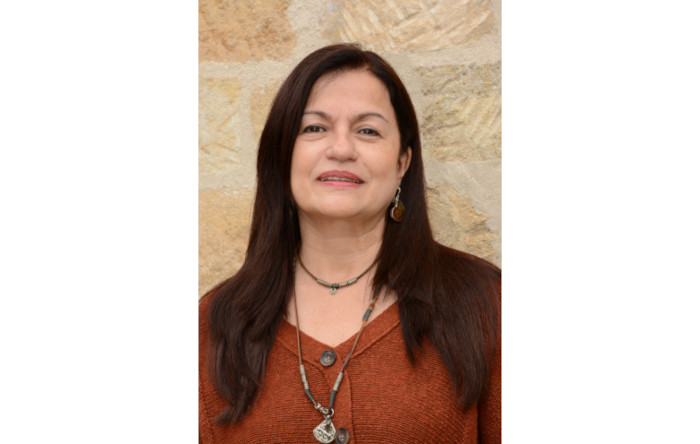Carolina Escobar Sarti: Programs that fail to reach the most vulnerable in Guatemala

Some programs fail to reach people in poverty
In a report published in 2022, the Special Rapporteur on extreme poverty and human rights, Olivier De Schutter, urges states all over the world to address the “non-take up” of rights. Even in countries where programs are available to people in poverty, some do not make use of them. Or the programs might not reach the most vulnerable populations. People don’t always have the resources or the understanding to ask for programs they are entitled to.
In a new video, the International Committee for October 17th addresses the need for access to rights and services for all. This is a contribution to a Webinar, “Ending Non-Take Up of Rights,” organised by the Council of Europe. There, Carolina Escobar Sarti discusses the problem of the non-take up of rights in Guatemala. Ms. Escobar Sarti is a member of the National Committee for October 17 in Guatemala. She is also the national director of “La Alianza Guatemala,” which provides care for girls who are victims of sexual exploitation and human trafficking. She often writes on human rights issues in the press and has published many short stories and poetry collections. Here is what Carolina says in the video.


Play with YouTube
By clicking on the video you accept that YouTube drop its cookies on your browser.
Reach the most vulnerable
“There are many different examples in Latin America, but what we have learnt is that where there is strong political will, take up of rights is higher. And the lesson from my own country, Guatemala, is that we need to design programs that include and reach out to those who are furthest behind. Let me give you some examples.
“The Bolsa Família Program was the flagship program introduced in 2003 by President Lula. Because of the strong political will and the campaigning to reach those in deep poverty, the program reached over 50 million people, a major portion of the country’s low-income population.
“Families in poverty with children received direct cash transfers in return for keeping their children in school and taking them for regular health checks, thus not only reducing current poverty but also the risk of ‘future poverty’ as families invest in their children to break out of the poverty cycle.
“Bolsa Familia also served as a platform for wider programs, as once the families in deepest poverty are in the database and identified, they can be offered other rights and targeted programs. I believe the example of Bolsa Familia is well known.
“What policymakers forgot…”
“One recent lesson from Guatemala, which I am sure is also true in many other countries, is that we really need to do better at reaching those furthest behind first.
“For example, there were a number of social protection systems that the government introduced to help vulnerable families cope with the impacts of the COVID-19 pandemic. Those most in need were not included in the social protection systems because there was no consolidated registry of people in vulnerable situations and many of them are too far out of reach.
“A major initiative the government introduced in Guatemala was the Family Bonus, which has been hailed as a success. But in fact, this cash transfer program initially excluded many of those in the population living in poverty because the identification for eligibility was based on households with low electricity consumption levels (those with less than 200 kWh in February 2020). However, what the policymakers forgot was that many of the poorest households don’t even have electricity connection, so adjustments had to be made to expand coverage.
Better program design needed
“The Job Protection Fund supported over 180,000 workers, but this was limited to people on the social security scheme. In Guatemala, only 18 percent of the economically active population was registered with the social security system, and only a tiny fraction met the criteria.
“The Popular Economy Support program provided some support to informal sellers registered in municipalities. But the most vulnerable people, vendors who do not have resources to pay municipal taxes, did not even have access to this program.
Better targeting would improve access
“Furthermore, the audits revealed that there were abnormalities, as dead [people], public and municipal employees, thousands who are not poor, and thousands who are outside of Guatemala received the Family Bonus and the bonus for the informal economy, whilst many millions of the most vulnerable did not have access.
“In Guatemala, it is not so much the issue of non-take up of rights, because the poorest need and want access, but the lesson for us is that we need to design programs and policies that reach the furthest behind.”

